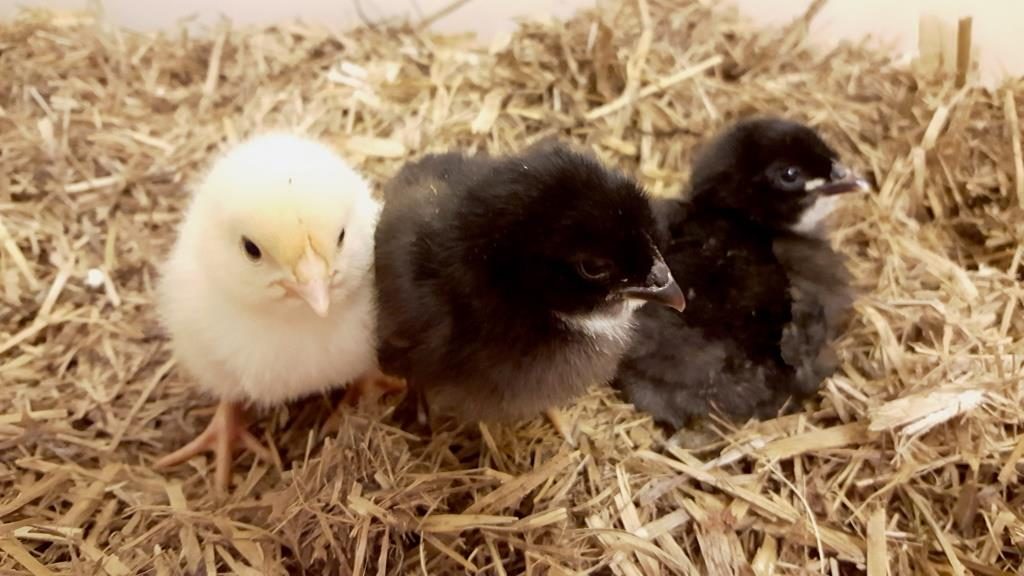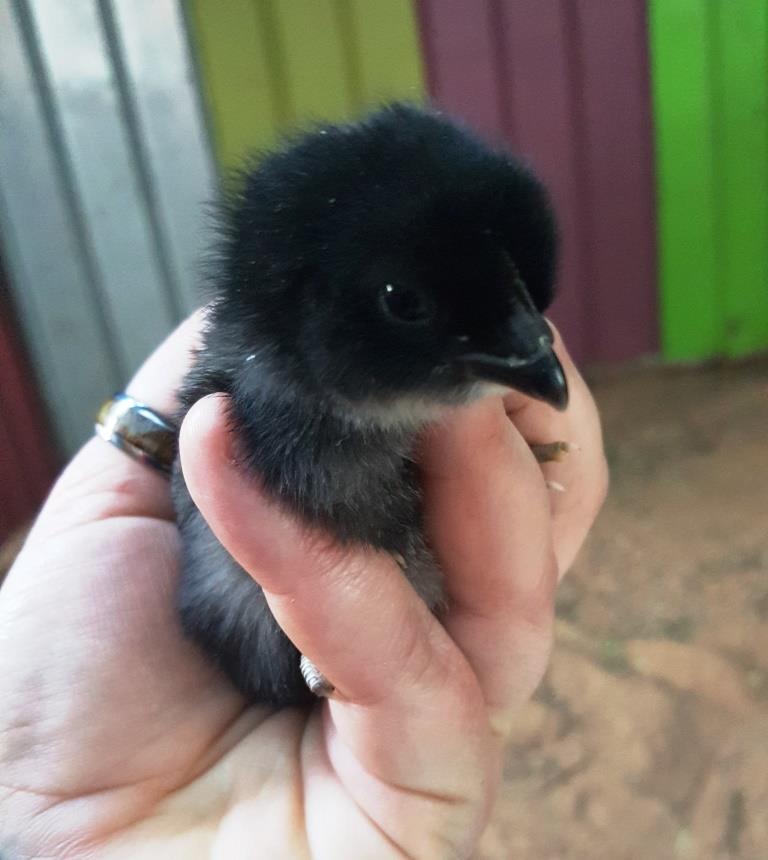By Candice Appleby
Chickens make great mates, to you and to your garden. They not only provide you and your family with a wealth of freshly laid eggs. They also produce incredibly nitrogen rich fertiliser and reduce the amount of household waste in the form of food scraps heading to landfill at the tip. It is now approaching the time of year when the chicks you purchased at the Alice Springs Show are starting to get big enough to be moved out to your chicken run. Have you got everything ready, and how can you maximise the benefit from your new family member?
Here in Alice Springs there are a few things you need to consider when constructing and maintaining an outside chicken run!
Weather conditions can be quite variable. Summer is quite the character-builder and our chickens respond to the heat in much a similar way to us. Ensure you provide adequate shade and a sufficient water supply. A little trick I use is hooking up the chickens’ water supply to the garden irrigation system, much like you would with a bird bath, this ensures the chickens water gets topped up daily and your chickens are happy!
Winter nights can also get down to seriously cool temperatures. Provide an insulated nesting box made of wood for your chickens to keep warm and lay eggs. Chickens will also tend to eat more in winter (don’t we all) so don’t worry if you are finding them going through more food.
Something that can often be overlooked in the backyard chicken run, but is vitally essential, is a good old-fashioned dust bath. A dust bath is great for prevention of parasite infestation in the chickens’ feathers and legs. The simplest way to provide this is just a small cleared area covered with some dusting material; sand is the best for this purpose. Remember to keep this area moderately clean of faeces and food scraps by raking it out and adding fresh dusting material regularly. If, however, you want to treat your ladies to a day at the chicken spa, add a few herbs like rosemary, lavender, thyme and mint. This will leave them feeling pampered and smelling lovely, while utilising the herbs’ natural insecticide and anti-inflammatory properties. If you’re finding mites, fleas and ticks are still becoming a problem, you can also try popping a handful of garlic husks in the chicken nesting boxes to help prevent infestation.
Feeding your chickens is quite easy, they eat everything right? Well, somewhat, but not exactly. It’s important not to over-feed your chickens. Typically only feed your chickens the amount they can eat in ten minutes. Also, be sure to not use food scraps that are showing signs of rot, as rotten scraps can be a source for botulism disease.
Foods not to give to chickens:
- Decomposing material or maggots
- Meat or bones
- Tea leaves
- Coffee grounds
- Citrus fruits
- Onion
- Rhubarb
- Orange
- Banana
- Raw potato peels
The outcome: So many Eggs!
Now that your chickens are happy and settled into their new home it won’t be long until they start popping out eggs left and right (unless you have yourself a rooster!). Keep in mind, in order to sell your chickens eggs, you will need to be registered as a food business. However, for private consumption simply ensure your eggs are thoroughly cleaned, throw away any cracked eggs not suitable for consumption and store the rest in the refrigerator below any cooked or ready to eat foods. It is important to also remember that over the counter wormers and medicated feed have the potential to transfer to the eggs. Take note of any warnings on packaging and the respect egg ‘Withholding Periods’ (WHP).
Everything is fair in love and chickens; however it is important to be aware of legalities. Luckily for us here in Alice Springs there aren’t too many restrictions regarding keeping chickens on your premises, for either rural or suburban properties. Alice Springs by-law states that “chickens have to be contained in a securely fenced yard or run which is no closer to a house than 12 metres”.
Northern Territory Government also requires properties with poultry to be registered with a ‘Property Identification Code’ (PIC) regardless of the number of animals on the property. This PIC is a biosecurity tool to help the government manage any outbreaks of disease by quickly and efficiently notifying anyone who may be effected. Registration is free and can be completed online at www.nt.gov.au/industry/agriculture/livestock/get-aproperty-identification-code
Enjoy your new garden friends!
~ Candice Appleby

